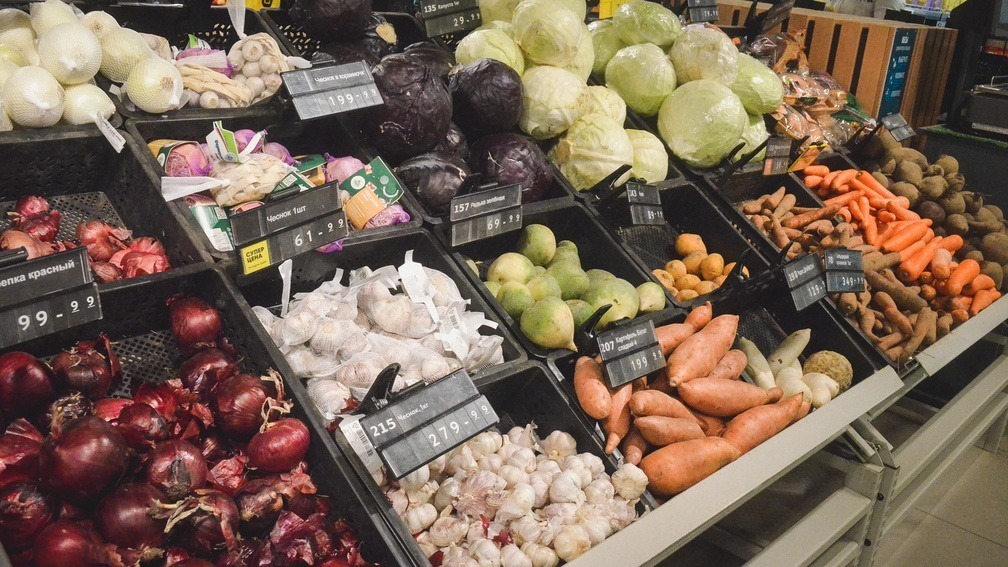Posted 14 августа 2023, 05:19
Published 14 августа 2023, 05:19
Modified 14 августа 2023, 08:30
Updated 14 августа 2023, 08:30

The Ministry of Industry and Trade opposed the indication of prices per kilogram and liter
The Ministry of Industry and Trade of Russia expressed dissatisfaction with the draft law on the introduction of «fair price», which provides for the indication of the cost of products per kilogram or liter. The Izvestia newspaper reports that the agency sent a letter to The State Legal Department (GPU) of the President of the Russian Federation with relevant comments.
Boris Chernyshov, vice-speaker of the State Duma from the Liberal Democratic Party, previously submitted to the lower house a bill that assumes mandatory indication of the price per unit of measurement of the product — per kilogram or liter. It is expected that this bill will be considered in the first reading by the State Duma in October.
However, the Ministry of Industry and Trade expressed concerns about the proposed changes. The agency noted that the new measure will require a review of business processes and will entail additional costs associated with the display of goods and the preparation of price tags. This, in turn, may lead to an increase in product prices. The Ministry of Industry and Trade also pointed out that not all goods (for example, coffee, tea, chewing gum, chips and others) need to specify the price per kilogram or liter.
The ministry proposed to introduce a single packaging standard, which will make it easier for buyers to compare prices for goods of different volume or weight.
Rospotrebnadzor also expressed its concerns about this initiative, noting that it may make it difficult for consumers to understand information about product prices. The agency proposed to finalize the bill.
Boris Chernyshov, the author of the bill, noted that the government will approve a list of goods that must necessarily have an «honest price» per kilogram or liter. This will allow customers to choose products more consciously.
The parliamentarian explained that citizens are accustomed to buying products according to tradition in a certain volume or weight, for example, a liter of kefir or a certain number of eggs in a package. Often, the price of a product remains unchanged or even decreases, but the quantity of products decreases. Instead of a dozen eggs in a package, nine are sold, or instead of 1 liter — 900 or 800 ml. This causes irritation and distrust among consumers.